On this episode of WPwatercooler, the panel delved into the evolution of personal websites and the challenges they face in the era of dominant social media platforms. The discussion kicked off with the team reminiscing about their early days on the internet, from building on platforms like Geocities to starting with basic HTML sites. As the conversation progressed, it became clear that while platforms like Facebook and Twitter offer immediate visibility, personal websites offer a more curated space for content, although they might not get the same traction. There was a poignant reflection on the nature of content creation, with some panelists highlighting that while some create for the sake of it, others need an audience for motivation. This distinction between private journaling and public blogging was also explored. A significant concern raised was how big tech companies, with their walled gardens, might stifle individual innovation by drawing talent into their ecosystems. The episode concluded with an optimistic look towards the future, emphasizing the importance of interconnectedness between sites and recommending tools like those from IndieWeb to help sites communicate with each other. The panelists expressed hope for the future of the web, even joking about the challenges of legacy browsers like IE6. The episode, sponsored by Desktop Server, wrapped up with gratitude for the community’s involvement and the panelists’ consistent contributions.
00:00 Introduction and Sponsor Mention
00:31 Pre-show Discussions and Introductions
01:14 Panelists’ Early Web Experiences
02:47 Introduction to WordPress
04:48 The Evolution from HTML Sites
06:24 LiveJournal’s Influence and Transition to WordPress
08:16 Reflections on Personal Web Archives
09:23 Business Websites and Early Online Innovations
10:28 Social Media Platforms vs. Personal Websites
12:04 Creation vs. Consumption on the Web
13:09 Current Youth’s Perception of Online Presence
14:18 Motivations for Online Publishing and Human Psychology
16:44 Personal Journaling and Voice Blogging
19:18 Role of Walled Gardens in Tech Innovations
21:51 Importance of Open Web and Challenges Ahead
24:26 The Future of Interconnected Websites
28:02 Exploring IndieWeb Tools
29:30 Episode Conclusion and Thanks
Can you replace social media with your own website? We start our discussion here and Jason continues it on his person website – Should we replace Facebook with our personal websites?

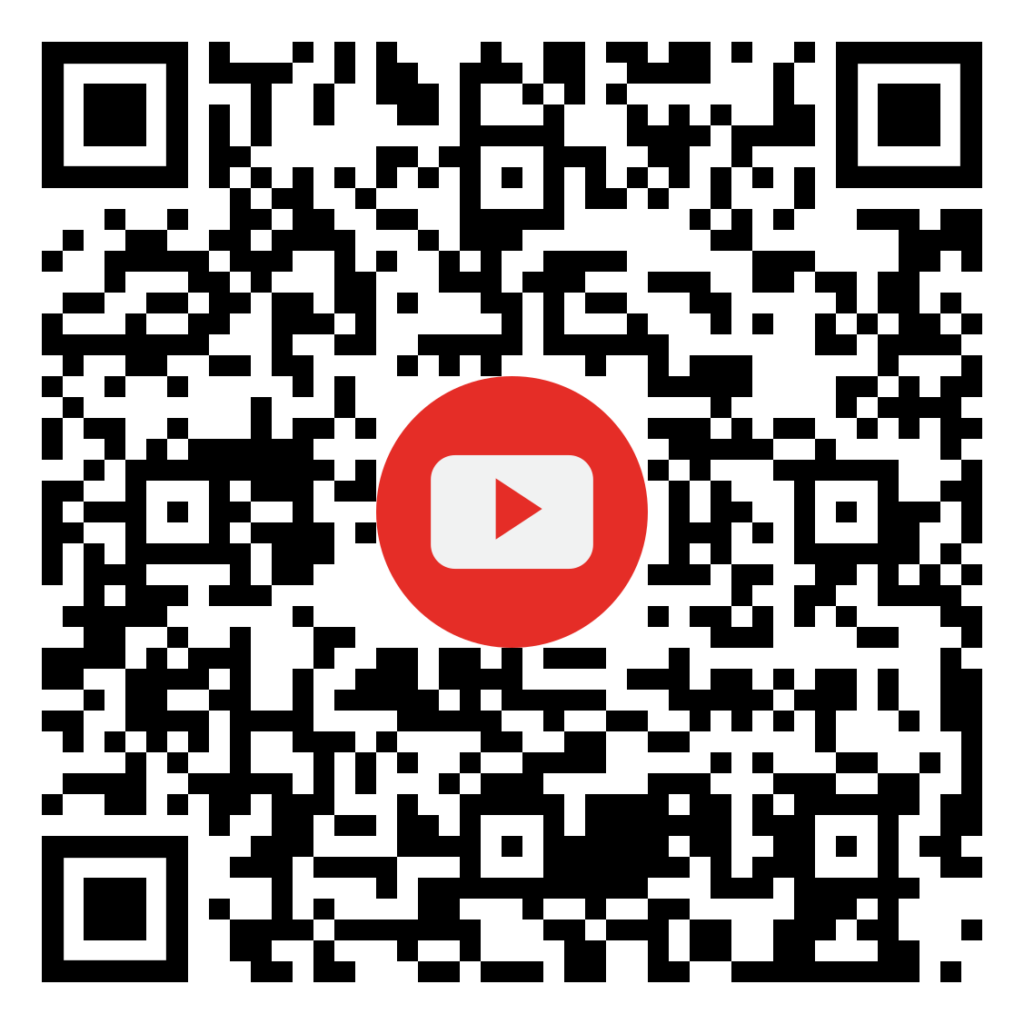
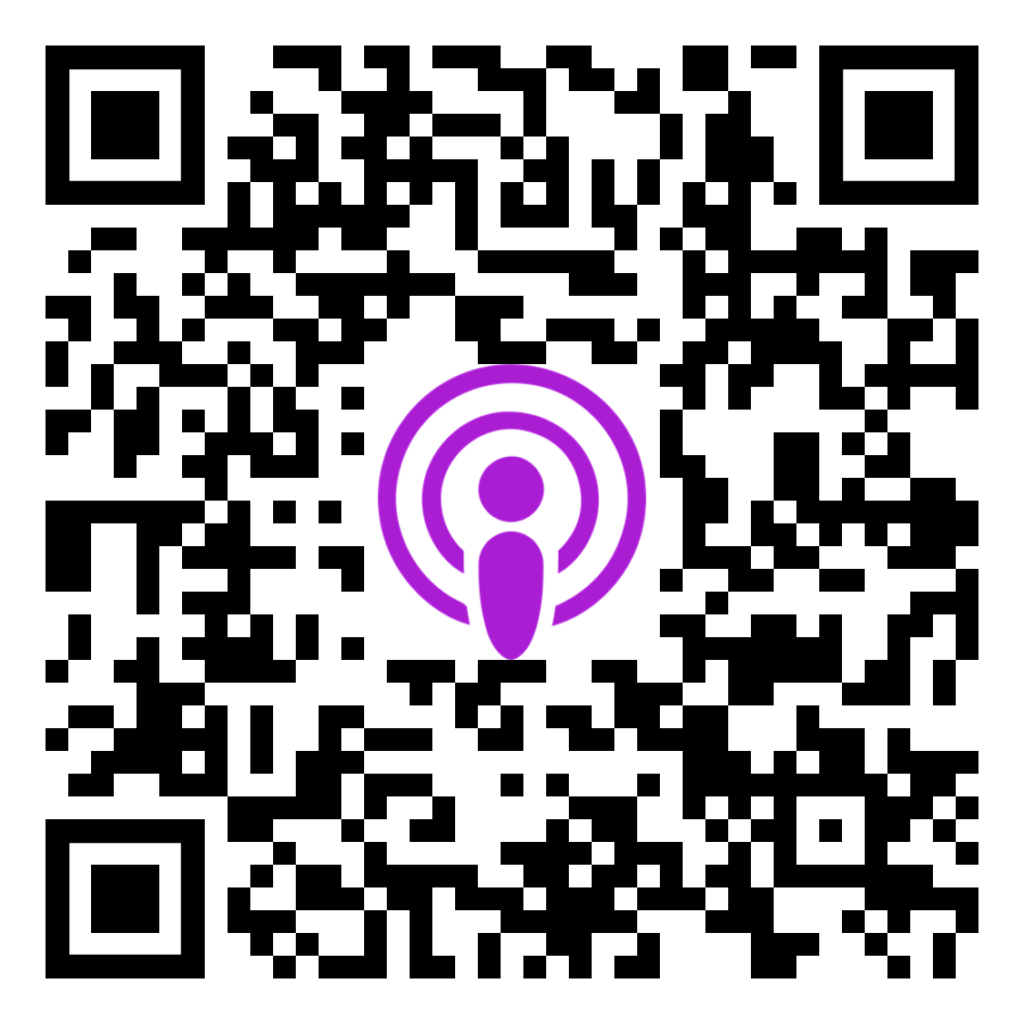
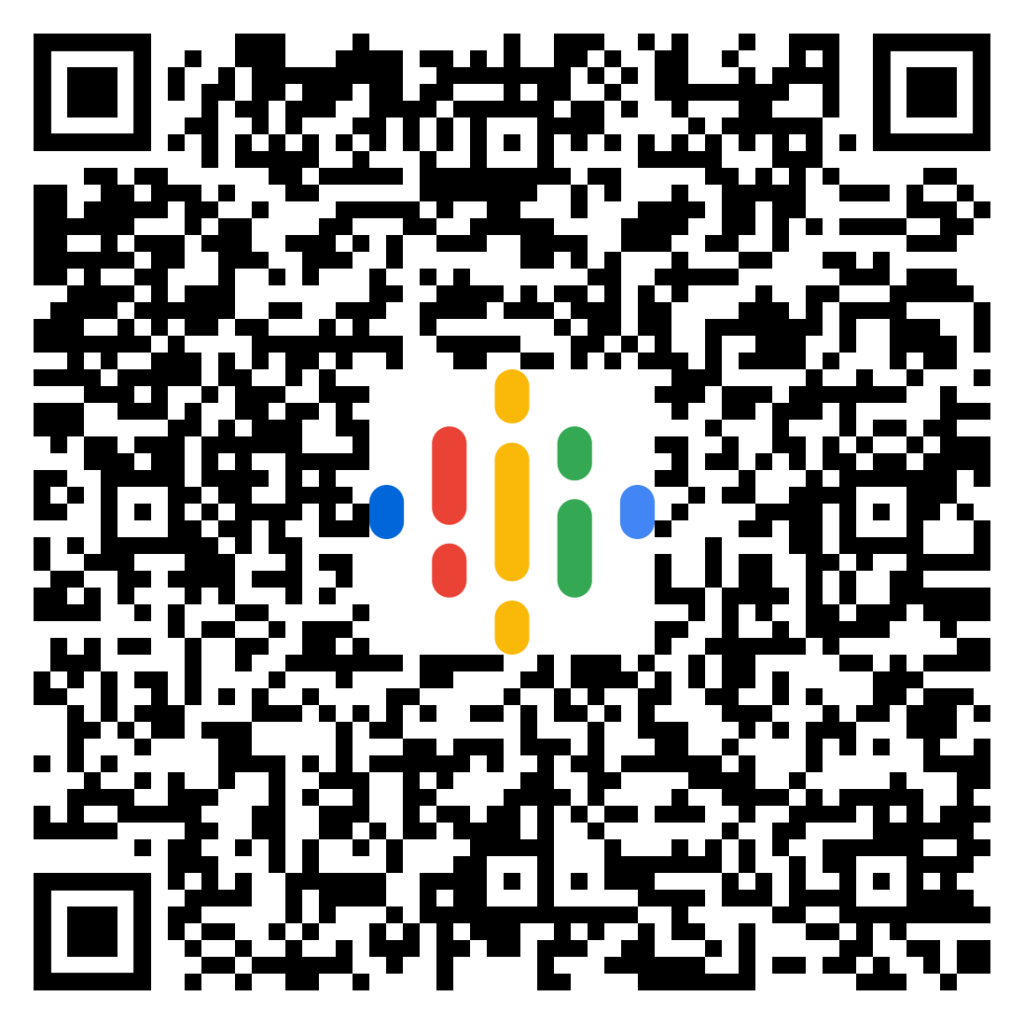
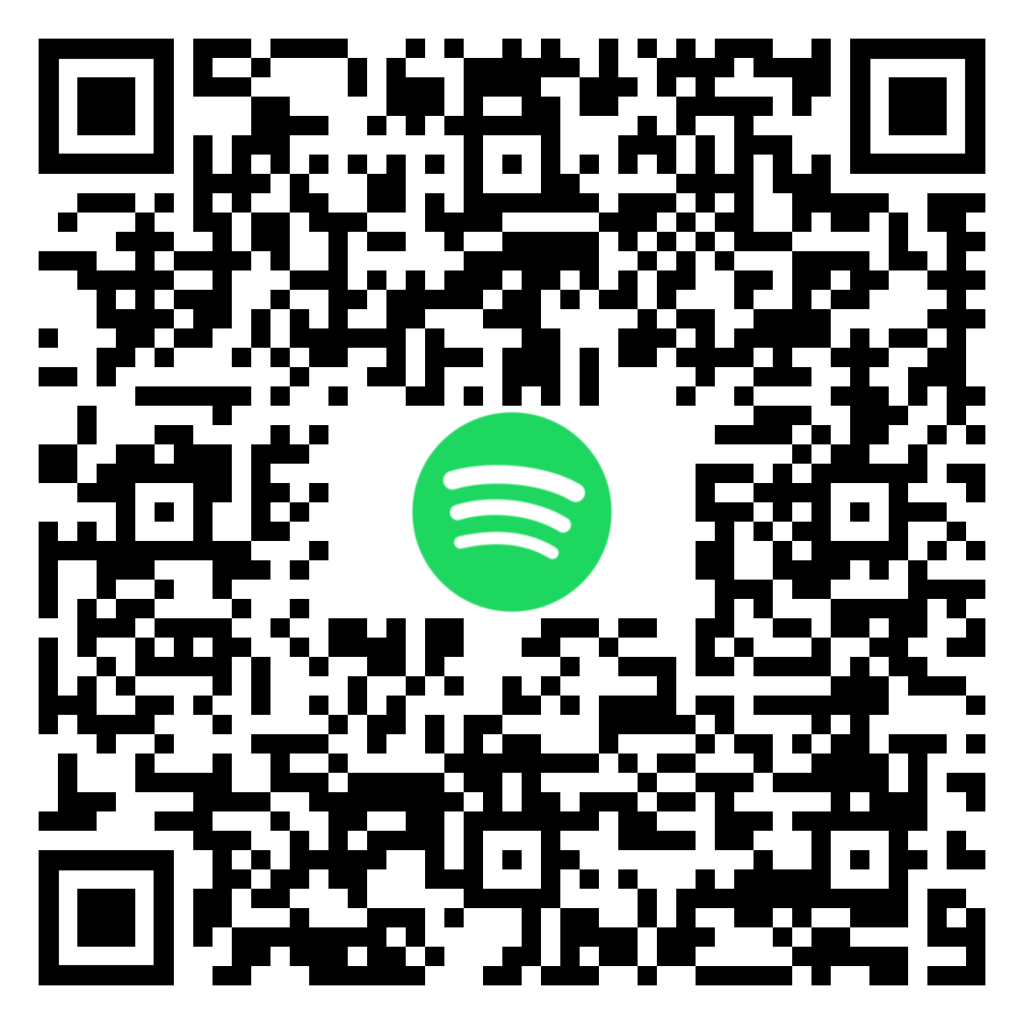

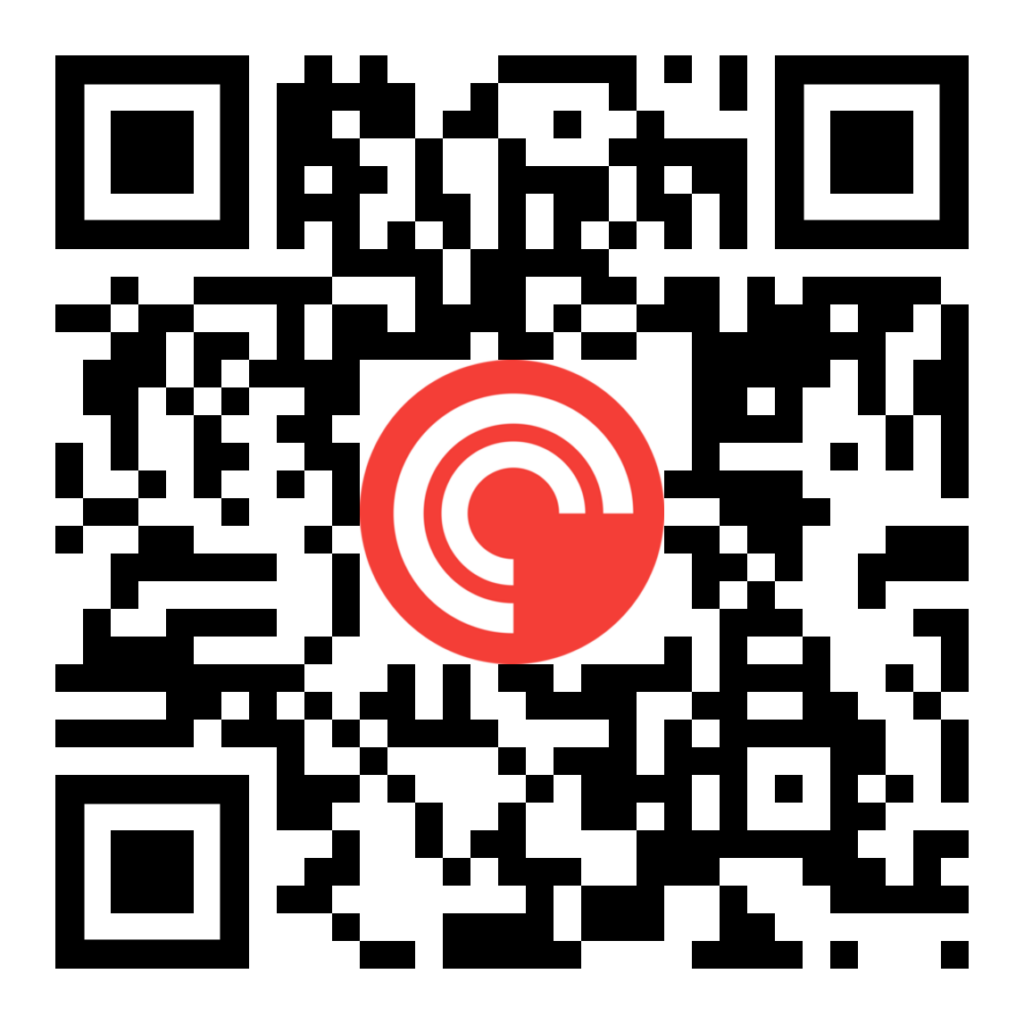
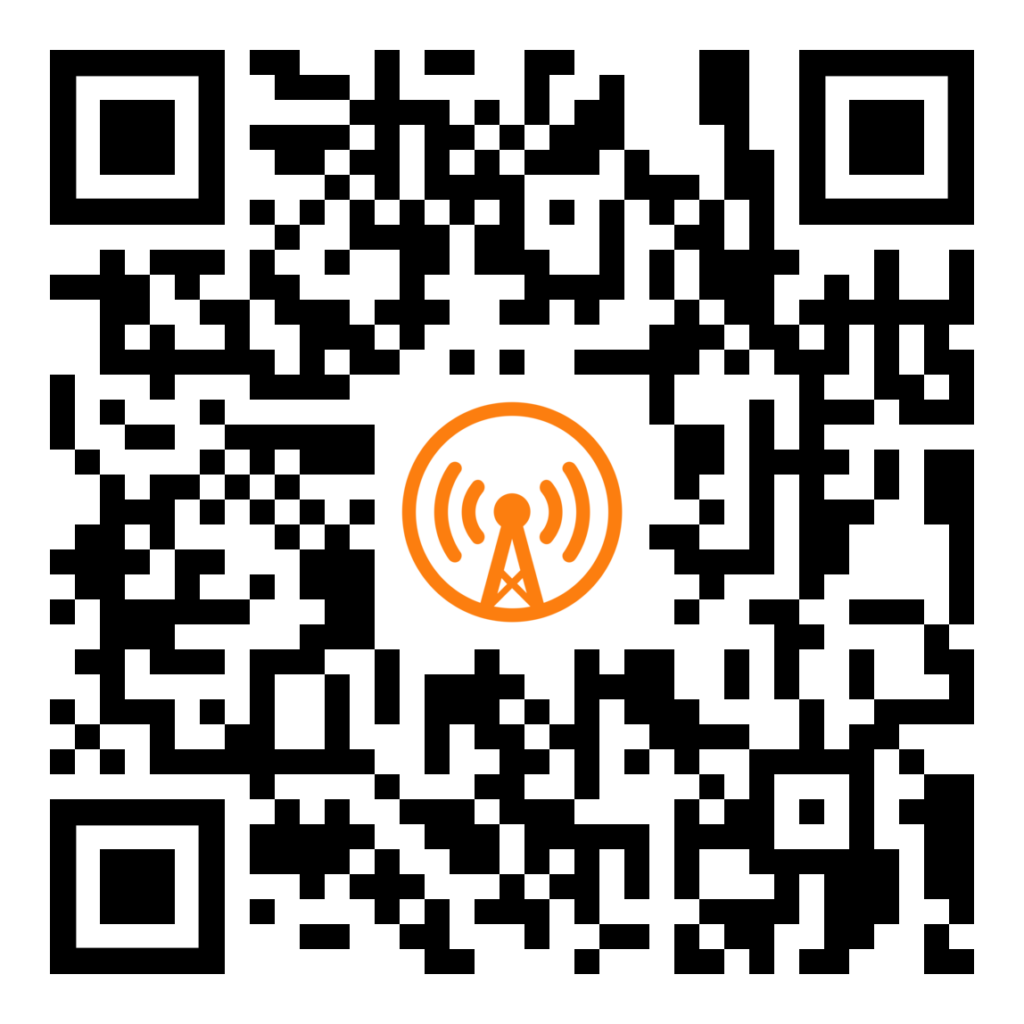
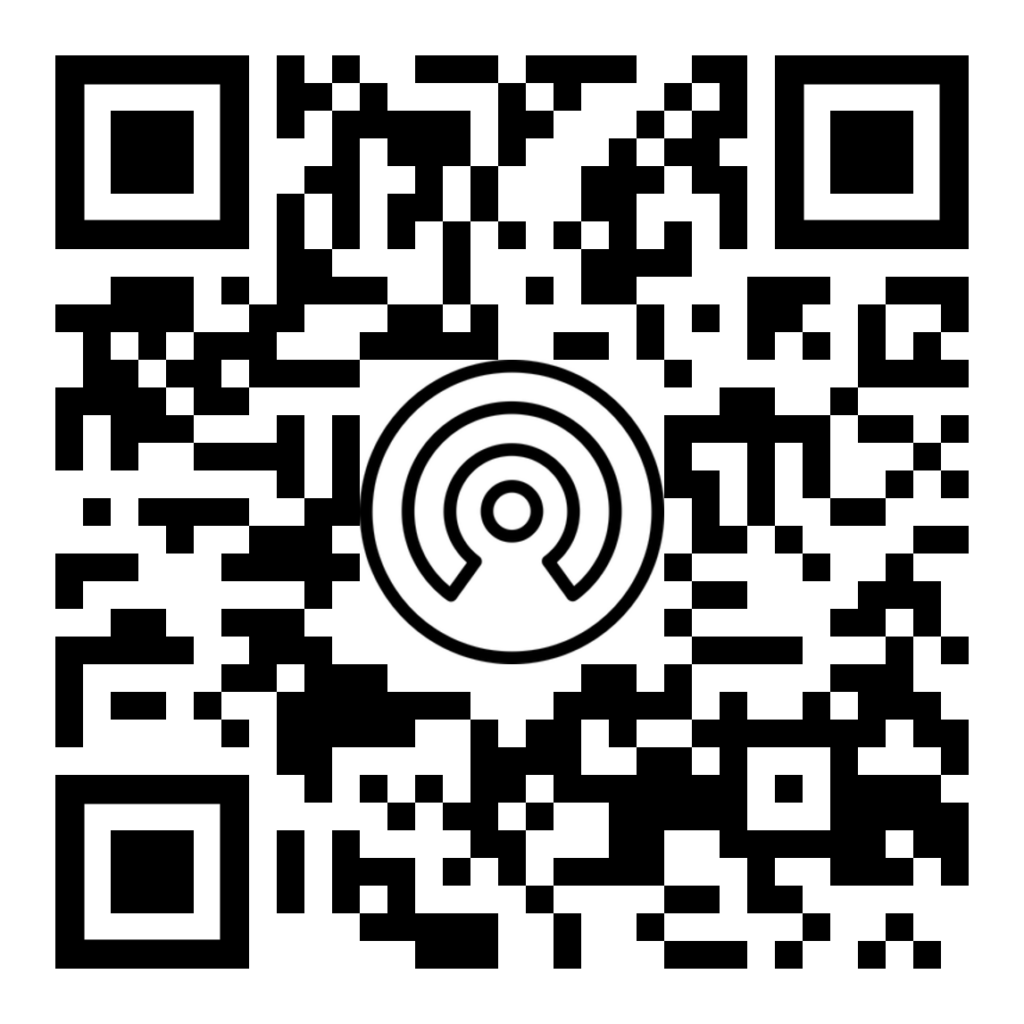
Leave a Reply